Keywords: Catholic Church
There are more than 200 results, only the first 200 are displayed here.
-
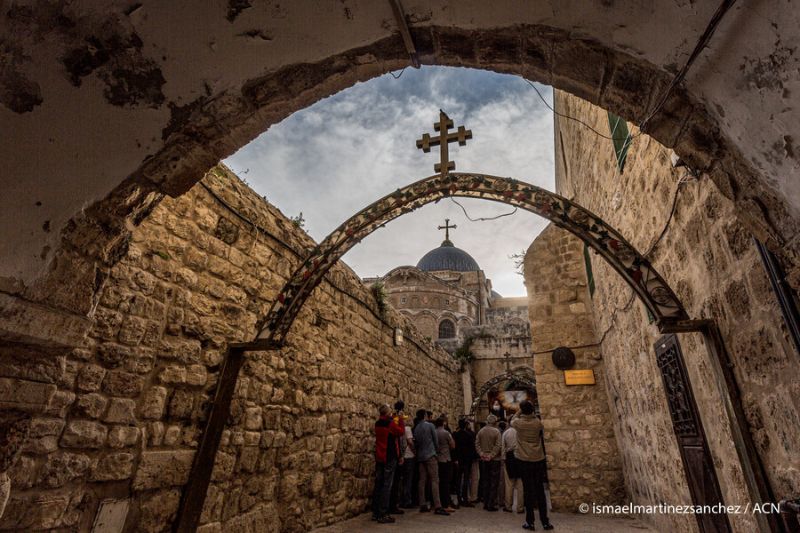
RELIGION
- Michael McVeigh
- 18 November 2024
Religious persecution often fades from public view unless it fits a political agenda. Yet Christians worldwide continue to face existential threats, from systemic repression in China to deadly violence in Nigeria. It’s worth reflecting on the cost of indifference and what it means to advocate for justice beyond our culture wars.
READ MORE
-
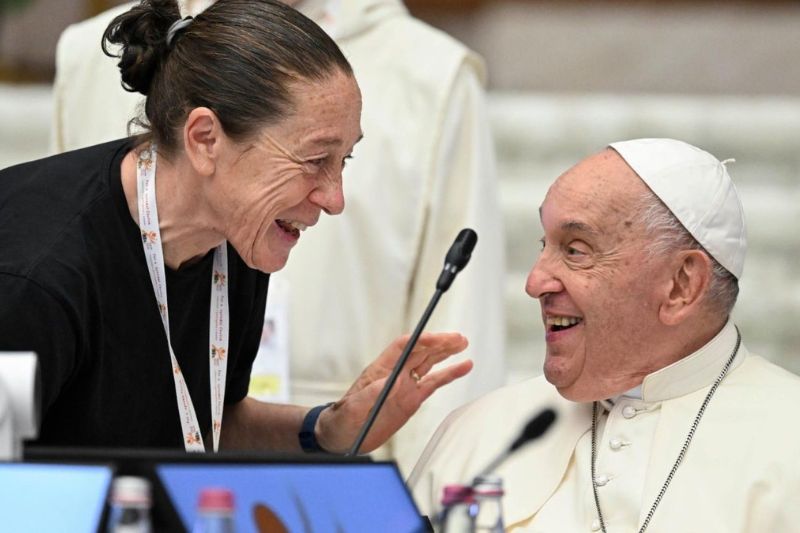
RELIGION
- Bruce Duncan
- 14 November 2024
The Synod is possibly the most important event in the Catholic Church since the Second Vatican Council. And despite its focus on internal Church reform and participation, can it effectively address broader social and moral issues in the world while still promoting a more inclusive and accountable Church?
READ MORE
-
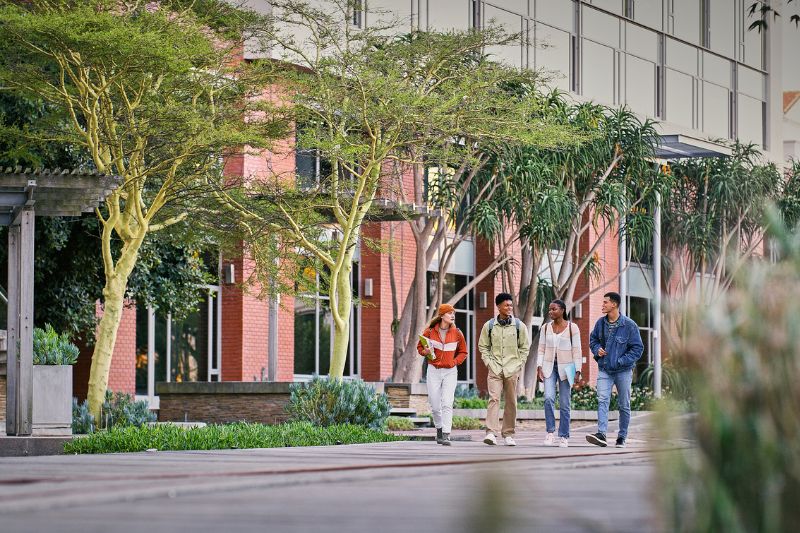
EDUCATION
- Erica Cervini
- 14 November 2024
At an ACU graduation event, students walked out in protest as Joe de Bruyn gave an address condemning abortion, single-parent IVF, and same-sex marriage. The event highlights tensions for Catholic institutions trying to balance traditional Catholic values while also embracing often opposing perspectives a diverse, pluralistic society.
READ MORE
-
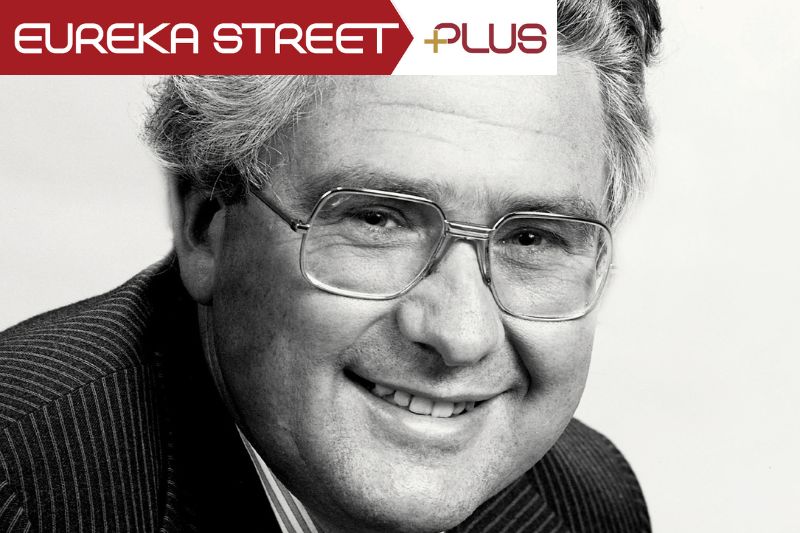
AUSTRALIA
- Andrew Hamilton
- 08 November 2024
The story of Race Mathews’ career will be an antidote to despair about politics and politicians. It underlines the possibilities of politics, showing how it can be more than a job or a career. It can be a calling to imagine a more just society and ways of building it.
READ MORE 
-
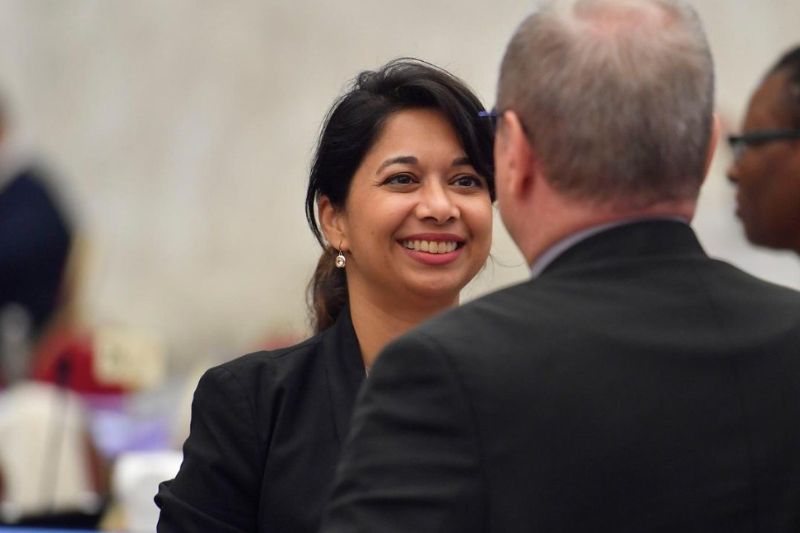
RELIGION
- Joanna Thyer
- 07 November 2024
At the World Synod in Rome, four women joined to advocate for ordaining women as deacons. Though the topic remains off the table officially, the message highlights the Church’s internal conflict between traditional values and growing calls for inclusion and change.
READ MORE
-
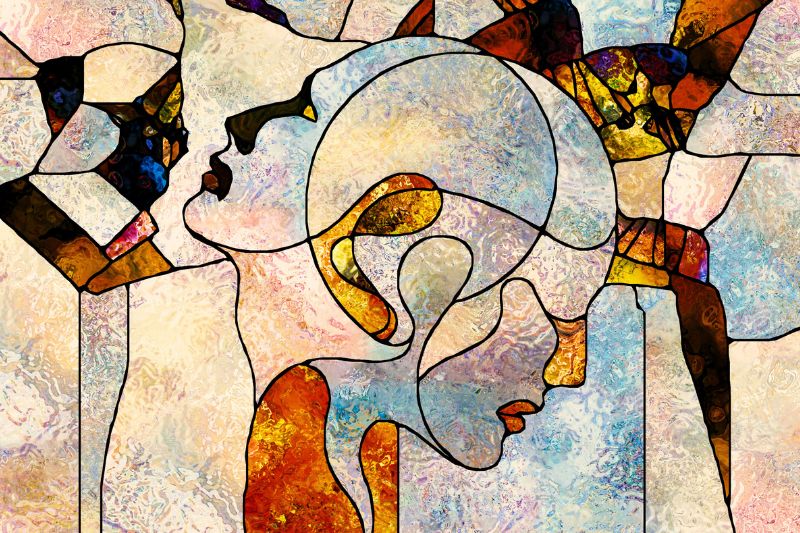
RELIGION
- John Warhurst
- 07 November 2024
The Catholic Church recently displayed two strikingly different faces. In Rome, the Synod on Synodality wrapped up with a facade of unity. But back in Melbourne, a Catholic University’s graduation became a battleground over church doctrine and free speech, exposing deep, unresolved fractures within the church.
READ MORE
-
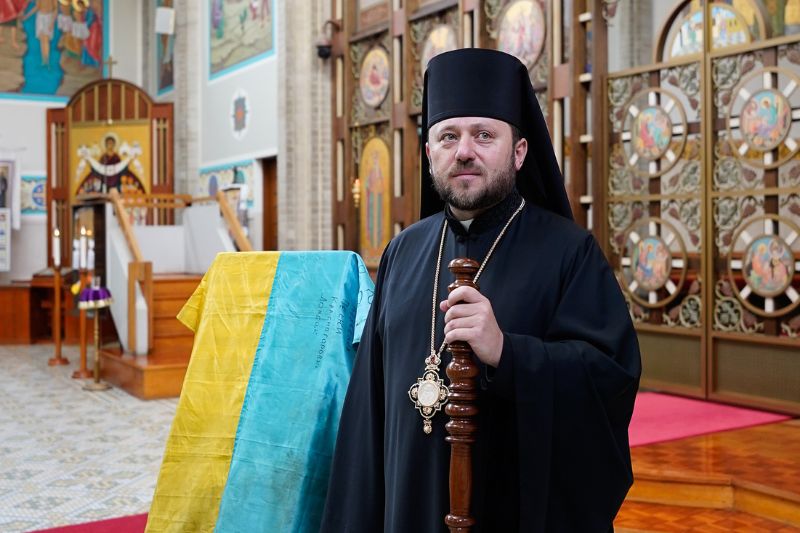
RELIGION
- Andrew Hamilton
- 14 October 2024
The recent appointment of Mikola Bychok as Cardinal caught many Australians off guard. Few are familiar with the Ukrainian Catholic Bishop from Melbourne, and his elevation challenges conventional notions of national identity, prompting reflection on who we consider 'one of us' and highlighting the Ukrainian community in Australia.
READ MORE
-
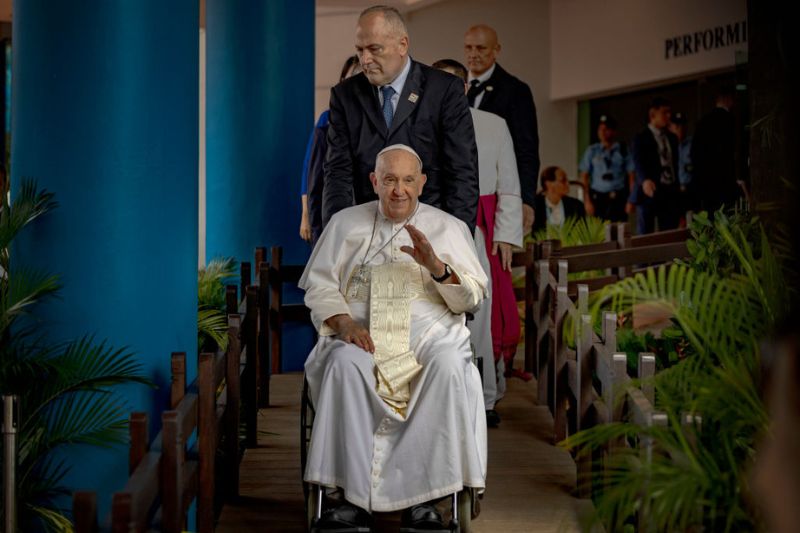
RELIGION
- John Warhurst
- 02 October 2024
During a recent interview on his Papal plane coming back from Singapore Francis made some pointed remarks in response to a veiled question from an American journalist about the US Presidential election contest between the Democrat Kamala Harris and the Republican Donald Trump. He chose to describe the choice as between the ‘lesser of two evils’ because Harris is pro-abortion rights and Trump is anti-immigration.
READ MORE
-
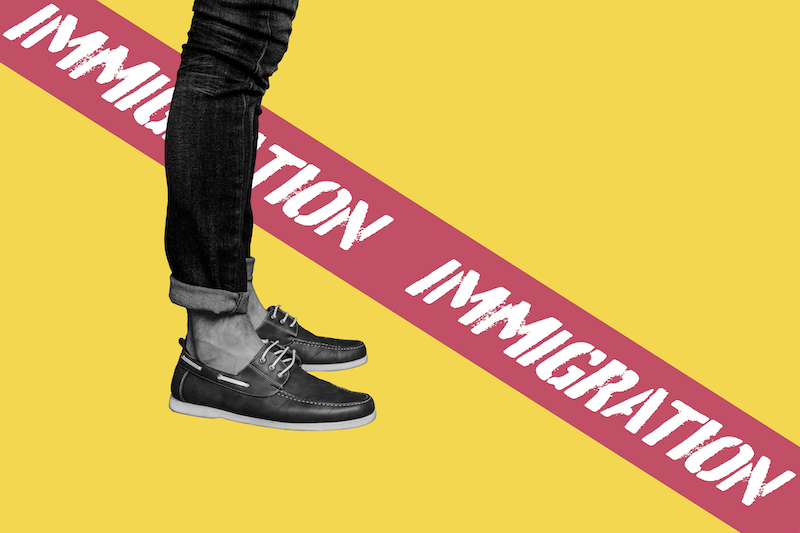
FAITH DOING JUSTICE
- Andrew Hamilton
- 23 September 2024
In prosperous times many people in developed nations are sympathetic to refugees and migrants and welcome them into their own societies. In hard times, however, xenophobia spreads.
READ MORE
-
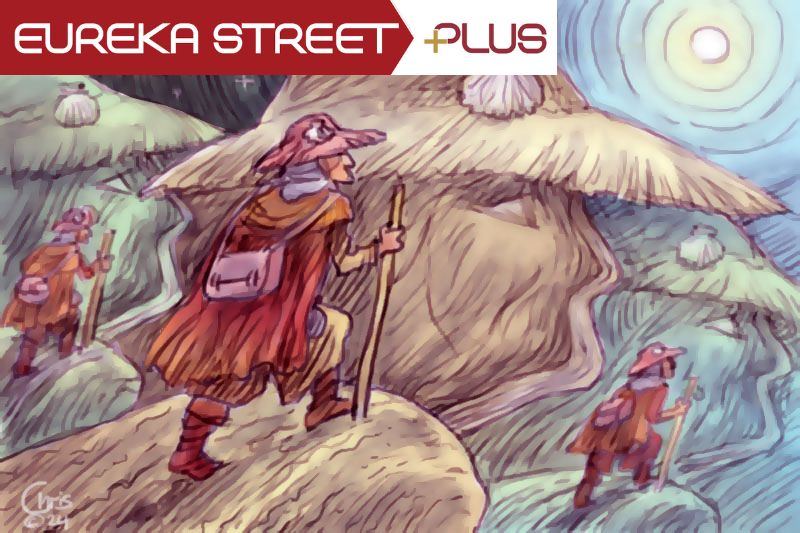
RELIGION
- Ann Rennie
- 13 September 2024
People visit graves and castles, libraries and mansions, battlefields and places of historical significance to feel a little of the lives of others, to pay homage, to make that human connection. We make secular pilgrimages to places that we have dreamt about or read in books or seen on screen. Wherever we go, these are ultimately visits to places within.
READ MORE 
-
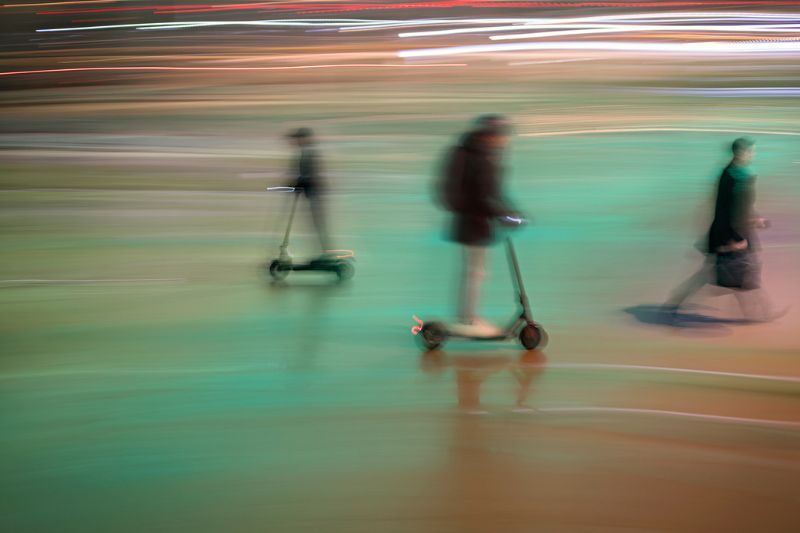
AUSTRALIA
- Andrew Hamilton
- 05 September 2024
Electric scooters have become a flashpoint in Australian cities, pitting residents against local councils. While some embrace scooters as convenient and eco-friendly, others raise valid concerns about safety and regulation. As cities grapple with these issues, the broader question is, how can we effectively balance individual freedoms with community wellbeing?
READ MORE
-
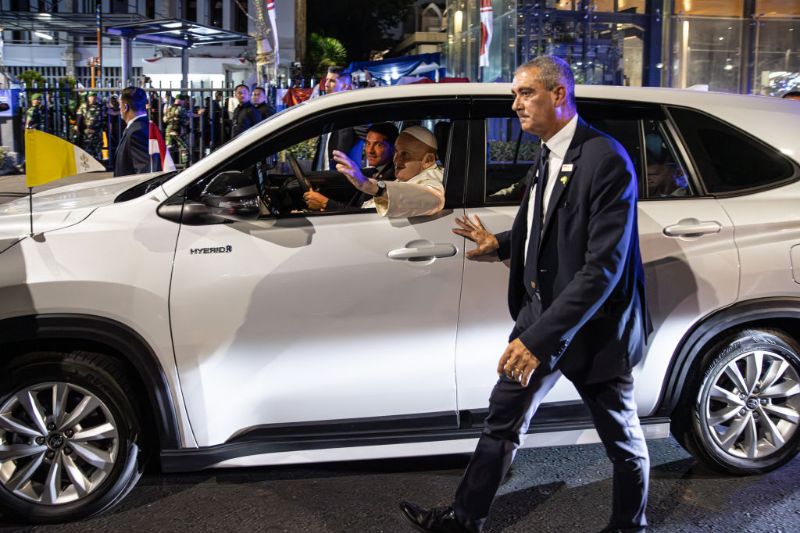
INTERNATIONAL
- Robin Osborne
- 05 September 2024
Pope Francis has frequently voiced sympathy for refugee concerns and before leaving on this trip, he reaffirmed his call for safe migration pathways for people fleeing their own countries for fear of persecution, describing any refusal to harbour asylum seekers as a ‘grave sin’.
READ MORE